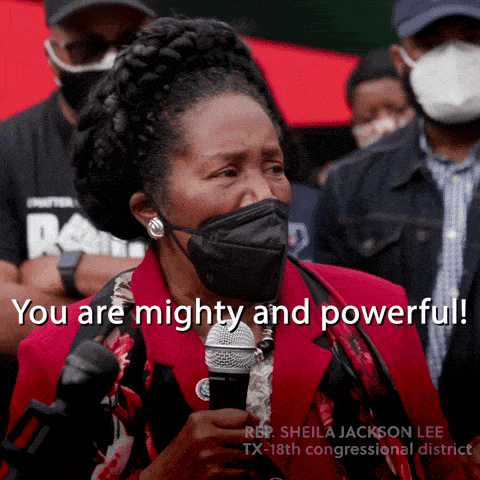- BlackVoter.Org
- Posts
- BLACKVOTER.ORG
BLACKVOTER.ORG
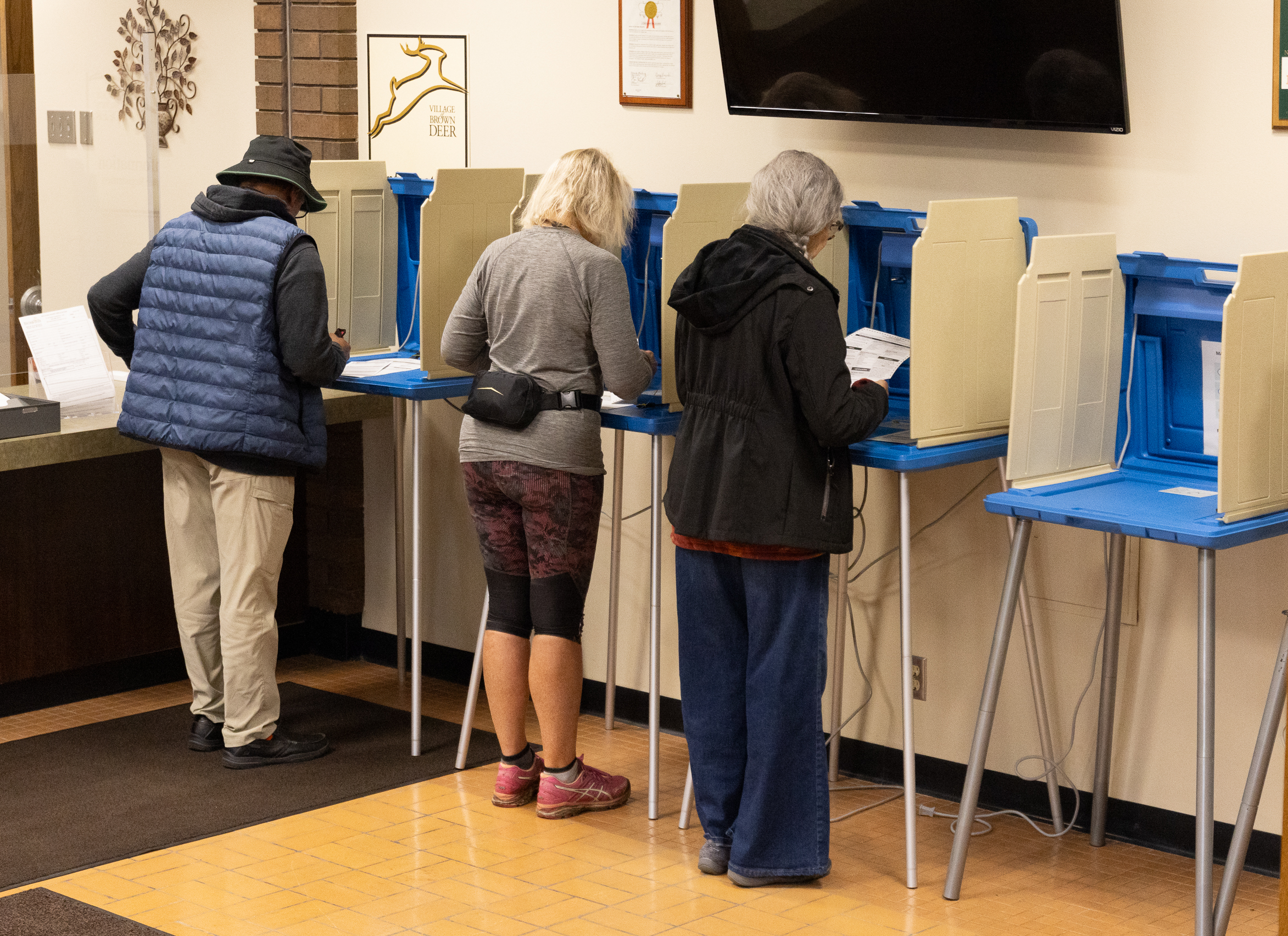
Wisconsin is buzzing with early voting excitement this election season! As in-person absentee voting kicked off on October 22, a whopping 97,436 Wisconsinites cast their ballots—over 17,000 more than in 2020. Voters from diverse backgrounds, spanning from the suburbs of Milwaukee to liberal Madison, shared their eagerness to participate in this pivotal battleground state.
Although some clerks faced technical hiccups with the WisVote system, enthusiastic voters found ways to overcome the delays. The political atmosphere is electric, with tight races on the horizon, including the contest between Senator Tammy Baldwin and challenger Eric Hovde.
From passionate Trump supporters in Waukesha to energized Harris backers in Madison, residents are determined to make their voices heard.
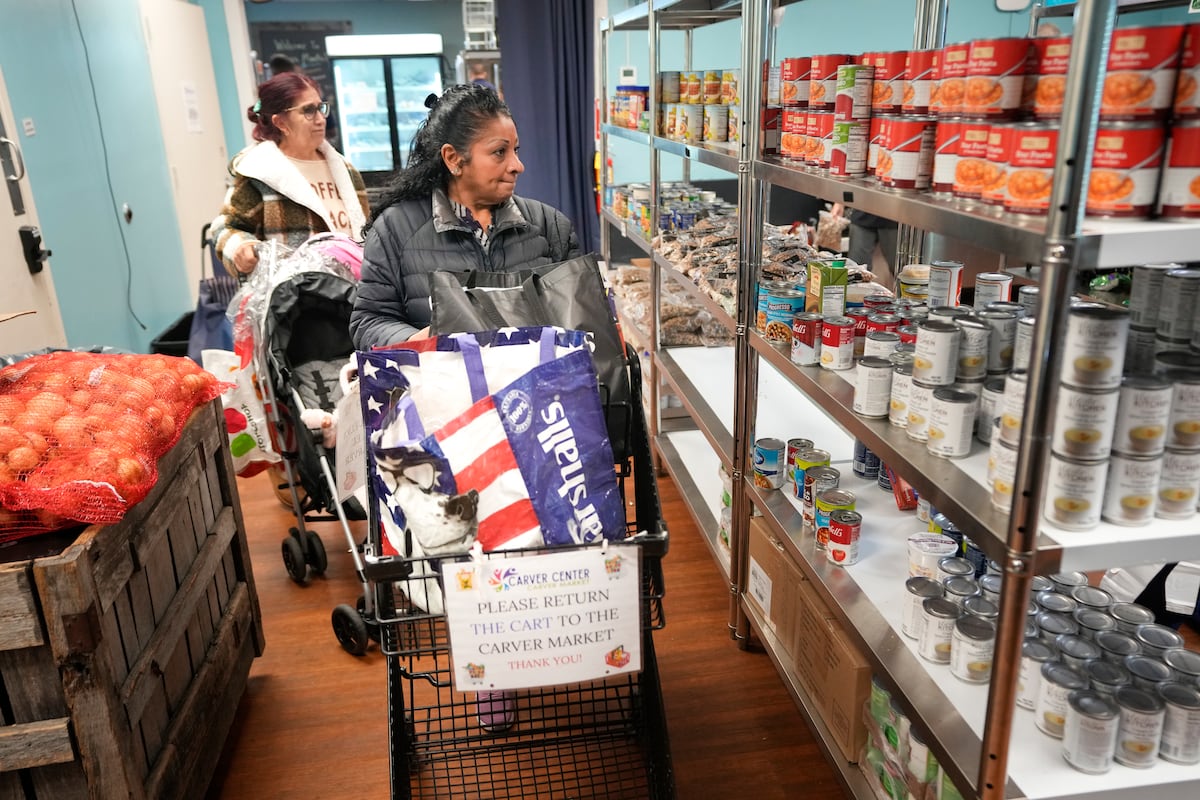
In the lead-up to the 2024 elections, a growing wave of voter discontent, primarily fueled by inflation, looms large over the Democrats. More than half of Americans feel worse off than four years ago, with rising prices impacting essentials like groceries and rent.
This economic angst may drive traditional Democratic voters, including African Americans and Latinos, to consider Trump, who capitalizes on the public's perception that he shielded them from inflation during his presidency. Many citizens express apathy toward politics, as they struggle with immediate survival, prioritizing basic needs over voting.
Despite efforts to educate voters about Biden's achievements, such as the Inflation Reduction Act, many remain uninformed, leading to a troubling shift in allegiance. As food banks and community organizations push to boost electoral engagement, the stark reality is that financial insecurity often overshadows political participation, challenging the Democrats' grip on crucial voter demographics.

In a recent fiery exchange, former President Barack Obama faced backlash from a Philadelphia voter, Chad Fain, after he urged Black men to support Kamala Harris in the upcoming election. During a campaign event, Obama lamented the lack of enthusiasm for Harris compared to his own campaign in 2008, suggesting that some men might be uncomfortable with a woman in leadership.
Fain didn't hold back, expressing his offense, likening Obama's tone to a directive: “You better get in line.” Social media erupted with criticism, accusing Obama of undermining the intelligence of Black men who might abstain from voting.
As the election looms, Harris is under mounting pressure to rally support from Black male voters, with recent polls indicating she lags behind Biden's previous numbers. With strategies aimed at boosting engagement, Harris' campaign seeks to win back voters as she rolls out initiatives to address community concerns.


As early voting ramps up, a noticeable shift emerges among Black male voters regarding their support for Kamala Harris. Polls indicate that a growing number are distancing themselves from the Democratic party, driven by a complex mix of disillusionment and pragmatic concerns.
Entrepreneur Herman Muhammed shares his feeling of political disconnect, fueled by past disappointments under Democratic leadership. He reflects on a lack of effective change and economic empowerment for the Black community, prompting some to consider voting for Donald Trump.
Conversely, activist Hashim Coates emphasizes the importance of participation in the electoral process, urging the community to recognize the power of their votes. The divide illustrates a broader debate over representation and the efficacy of established political parties, with many waiting for a real transformative candidate before casting their ballots.
With the clock ticking, both frustration and hope define the sentiments of Black voters heading into the election.

In a passionate opinion piece, a Republican former Air Force colonel condemns the rising tide of voter suppression tactics being employed by the party. Highlighting concerns about the legitimacy of overseas ballots, the colonel argues that rather than restricting voting rights, all Americans—regardless of their location—deserve unfettered access to the democratic process.
He reflects on the collaborative spirit behind the Overseas Citizens Voting Rights Act of 1975, illustrating how both Republicans and Democrats have historically worked together to support expat voters. This call to action resonates as early voting gets underway in Miami, urging citizens to protect voter rights and emphasizing that democracy thrives on inclusivity, not exclusion.
The piece serves as both a reminder and a rallying cry for maintaining the integrity of American democracy in an increasingly polarized political landscape.

As election day looms, Vice President Kamala Harris is grappling with significant hurdles, particularly among key demographics such as young black and Hispanic men. Recent polls show a neck-and-neck race against Donald Trump, raising alarms within her campaign as these traditionally Democratic voter blocks appear to be shifting toward the former president.
Despite overall support from African Americans and Hispanics, concerns about economic dissatisfaction and crime are reshaping priorities, pushing some voters to endorse Trump’s proposals. Adding to the urgency, the Midwestern "blue wall" seems increasingly vulnerable.
In response, Harris is retooling her strategy, focusing on high-visibility events to energize her base, particularly women, while striving to connect authentically with diverse voters. The coming days are crucial for Harris, whose ability to redefine her messaging could determine the Democratic coalition's fate and her chances for victory against Trump.

In a crucial pre-election momentum, Black candidates are rallying early voters by addressing pressing issues in their communities. Marla Matime, a candidate for RUSD Trustee, shares her firsthand experiences with discrimination in local schools and emphasizes parent involvement in fostering change.
She advocates for educational reforms that empower Black students with essential life skills and access to opportunities. Meanwhile, mayoral hopeful Daryl Terrell is focusing on improving homelessness in Moreno Valley, pushing for strategic collaborations and comprehensive support programs.
Victor Valley College candidate Terrance Stone highlights the urgent need for financial support to match the college's growth, advocating for increased Black student enrollment. As Election Day approaches on November 5, these candidates are not just seeking votes; they’re striving to ignite change and uplift their communities, ensuring that every voice is heard and every vote counts.
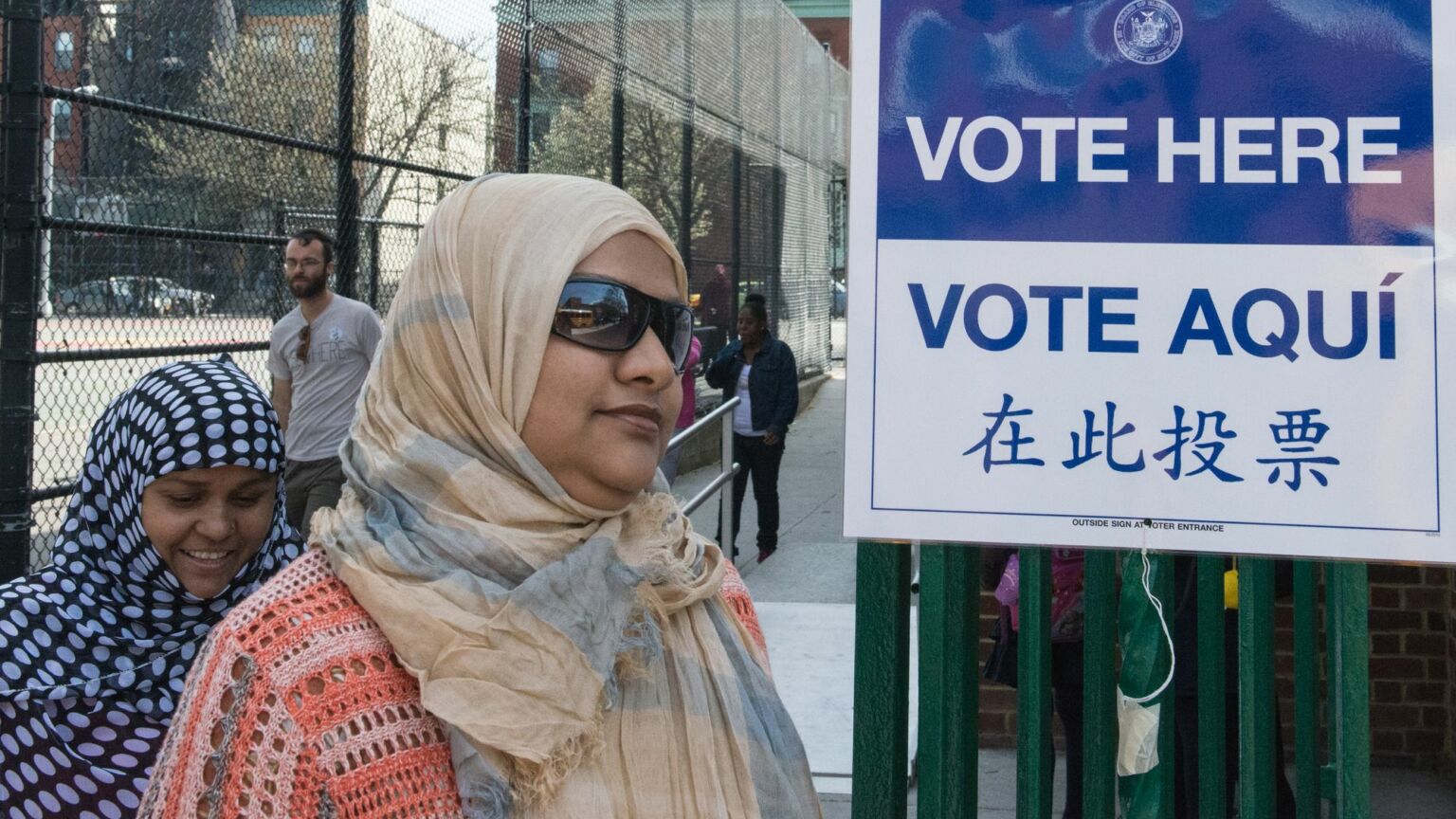
In a surprising twist ahead of the 2024 election, many Muslim Americans are distancing themselves from the Democratic Party and leaning towards Donald Trump, despite his history of controversial remarks and policies. The article explores how issues like the Gaza conflict and the Democrats' pro-Israel stance have disillusioned Muslim voters, who are increasingly favoring Trump’s non-interventionist foreign policy.
Furthermore, the GOP’s support for business aligns with the entrepreneurial spirit prevalent among Muslim communities. Historically significant states like Michigan, home to concentrated Muslim populations in cities like Dearborn, could see this shift play a pivotal role in the election.
As Trump managed to capture an unprecedented share of the Muslim vote in the last election, the dynamics are shifting, making it plausible that Muslim voters could influence the outcome once again—showing the evolution of political allegiances in a rapidly changing America.
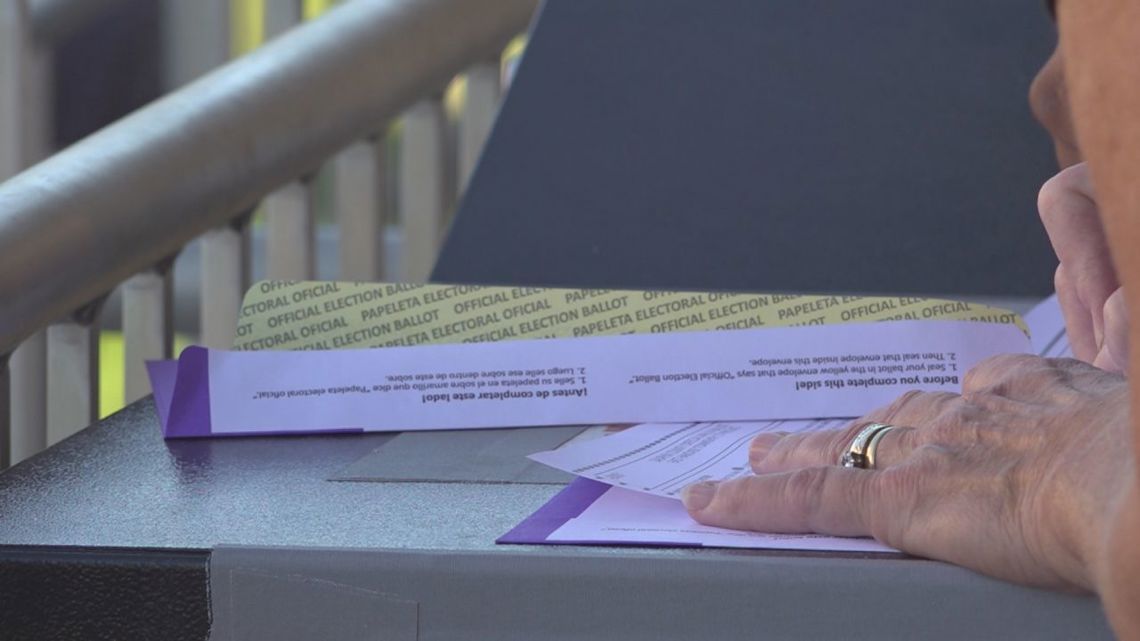
A recent report by the Brennan Center for Justice reveals a troubling trend: the voter turnout gap between White and Black Americans has widened over the past decade. Harrisburg resident Willis Fuller Jr.
, who fought for his right to vote post-Voting Rights Act of 1965, emphasizes the importance of participating in elections, stating, "If you don’t vote, it’s like cutting your breath off." Many cite misinformation and structural barriers, like strict voter ID laws, as reasons for the decline in Black voter turnout.
Harrisburg City Council member Lamont Jones highlights the need for candidates to engage more with their communities, as disconnection breeds apathy. With every vote holding weight—some elections decided by mere handfuls—Jones encourages residents to make their voices heard on November 5.
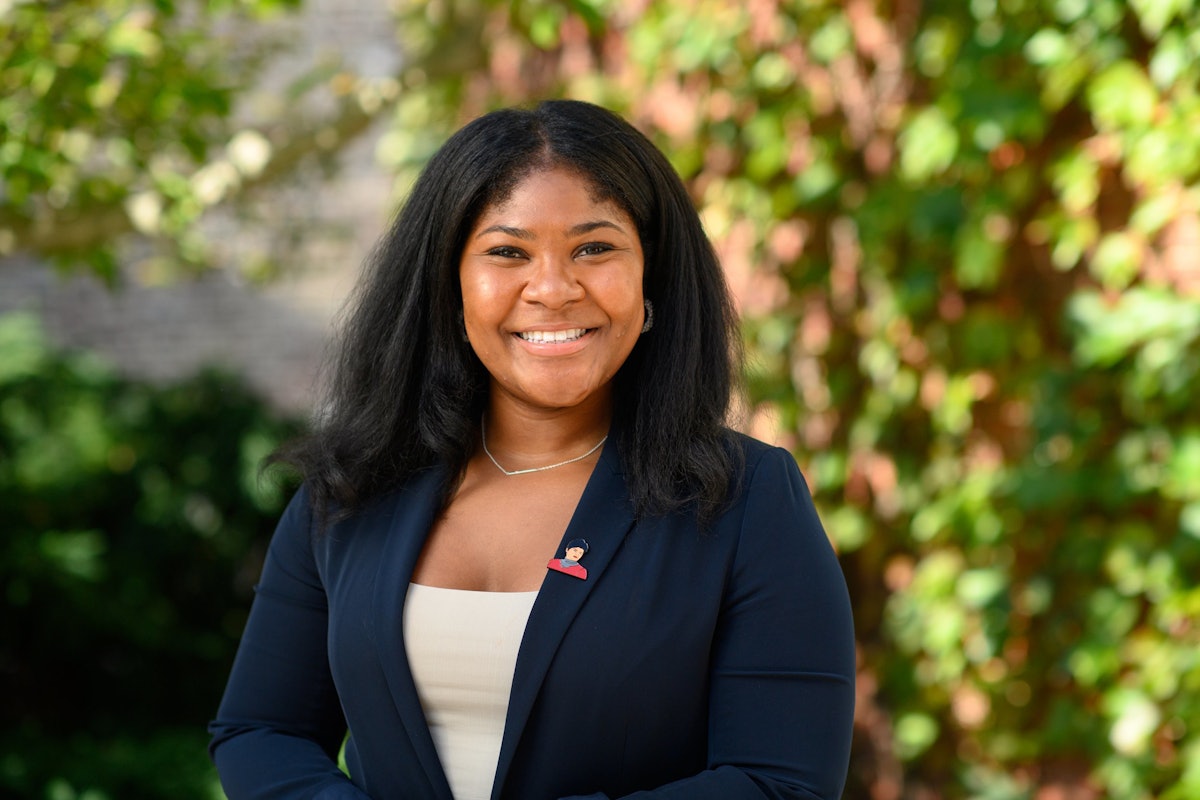
Historically Black Colleges and Universities (HBCUs) have long been pillars of advocacy for voting rights, empowering students to confront systemic barriers. Despite their significant role in educating Black Americans and fostering political consciousness, HBCUs remain underfunded and face challenges in helping students navigate voter registration and participation.
With only 9% of Black college students enrolled in HBCUs today, the historical roots of these institutions play a crucial role in shaping student activism. Recent legislative moves in states like Alabama and North Carolina have restricted ballot access, compelling students to fight back.
Initiatives such as VOTE HBCU/Xceleader and the Harris/Walz campus tours seek to amplify student voices in the upcoming elections. With leaders like Kamala Harris and Stacey Abrams championing the cause, HBCUs continue to be a driving force for enhancing civic engagement, highlighting their critical influence in shaping a better democracy for all.
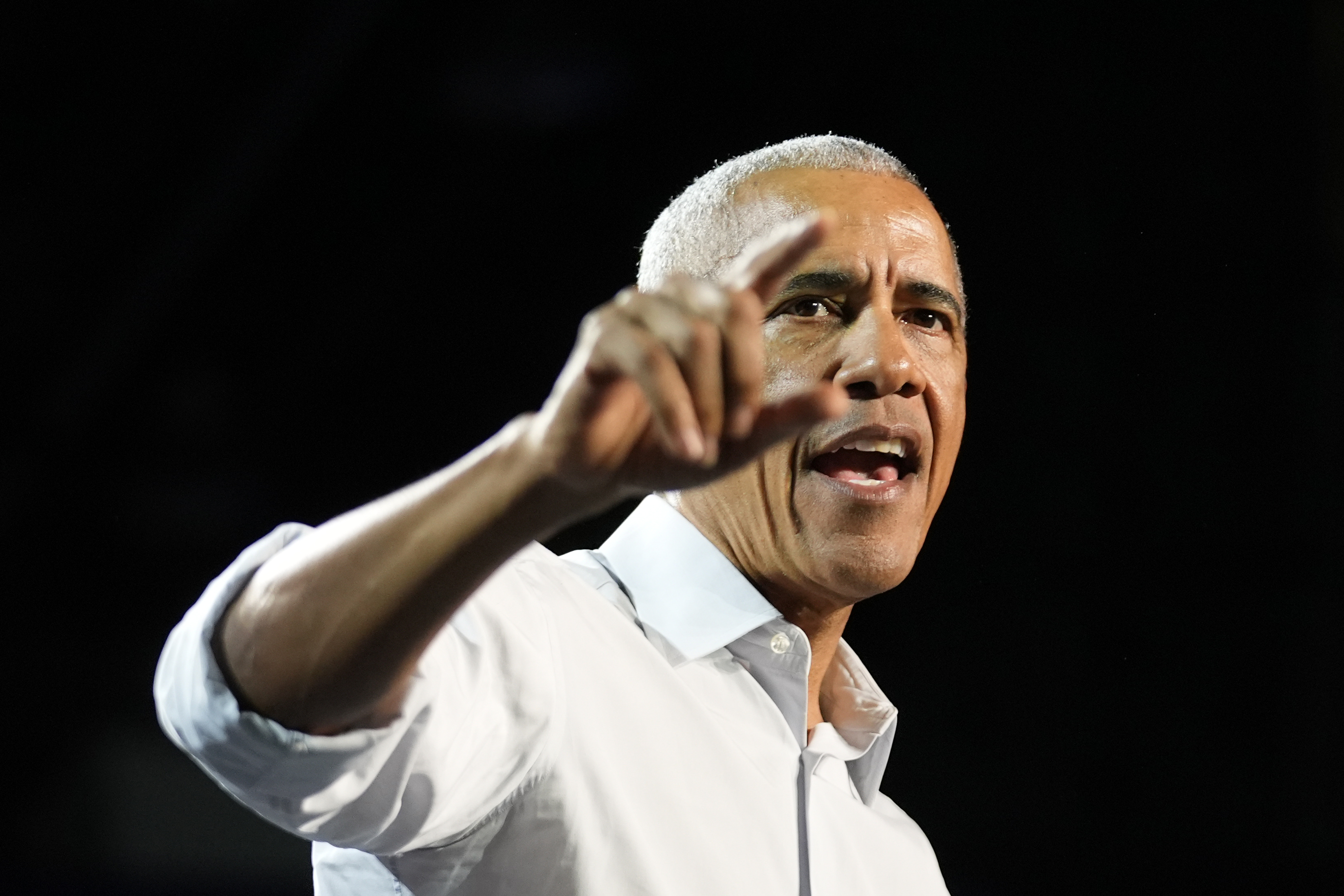
In a surprising shift, former President Barack Obama’s influence among Black voters appears to be declining as some are rallying behind Donald Trump in the 2024 election. Voters like Marcus Jean-Francois express discontent with the Biden-Harris administration, citing rising crime and inflation under their watch.
Many young Black voters, like 22-year-old Dwayne Prescott, have little memory of Obama’s presidency, while recalling Trump’s efforts such as criminal justice reform and low Black unemployment. Polls indicate that Trump could attract a historic percentage of Black votes, particularly among younger demographics, threatening the Democratic stronghold in swing states like Georgia.
As Obama mobilizes support for Kamala Harris, he faces a tough challenge, with voters increasingly favoring pragmatism over identity politics. The changing dynamics signal a critical juncture for both parties as they vie for the essential Black vote in a tight race.
